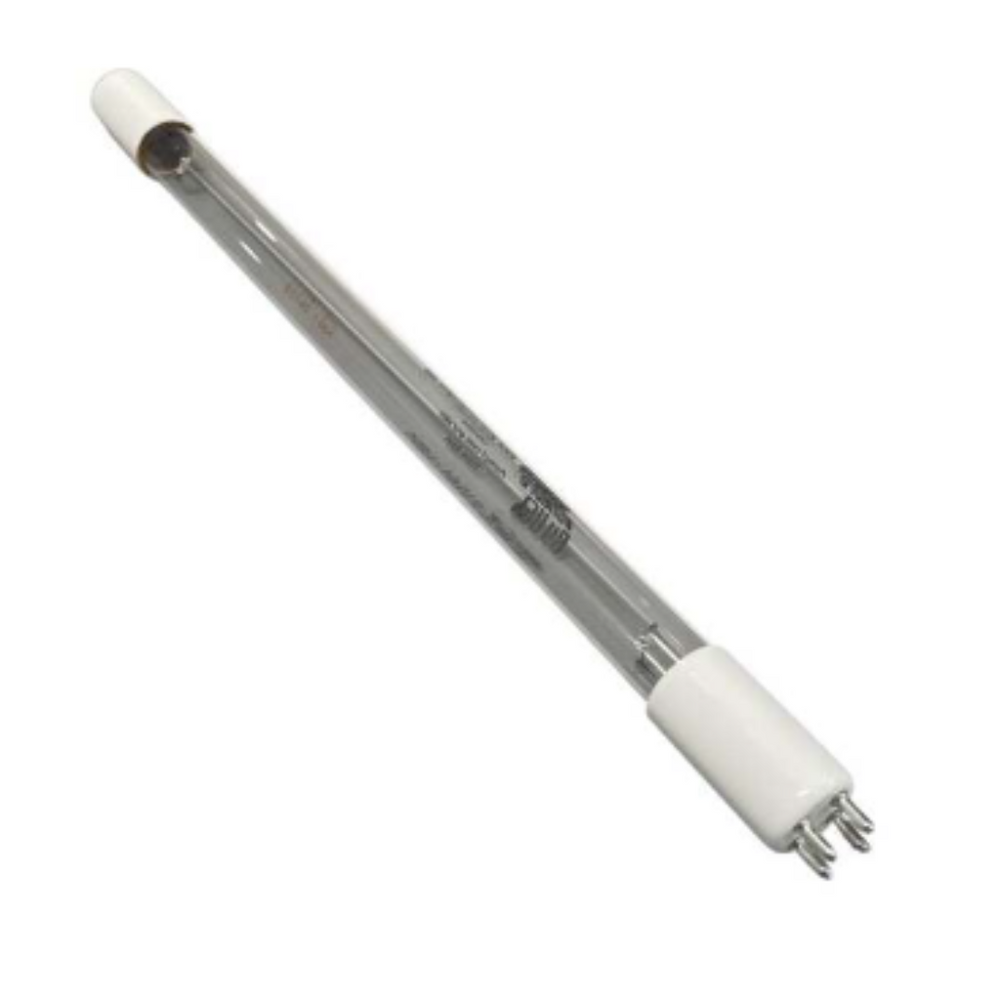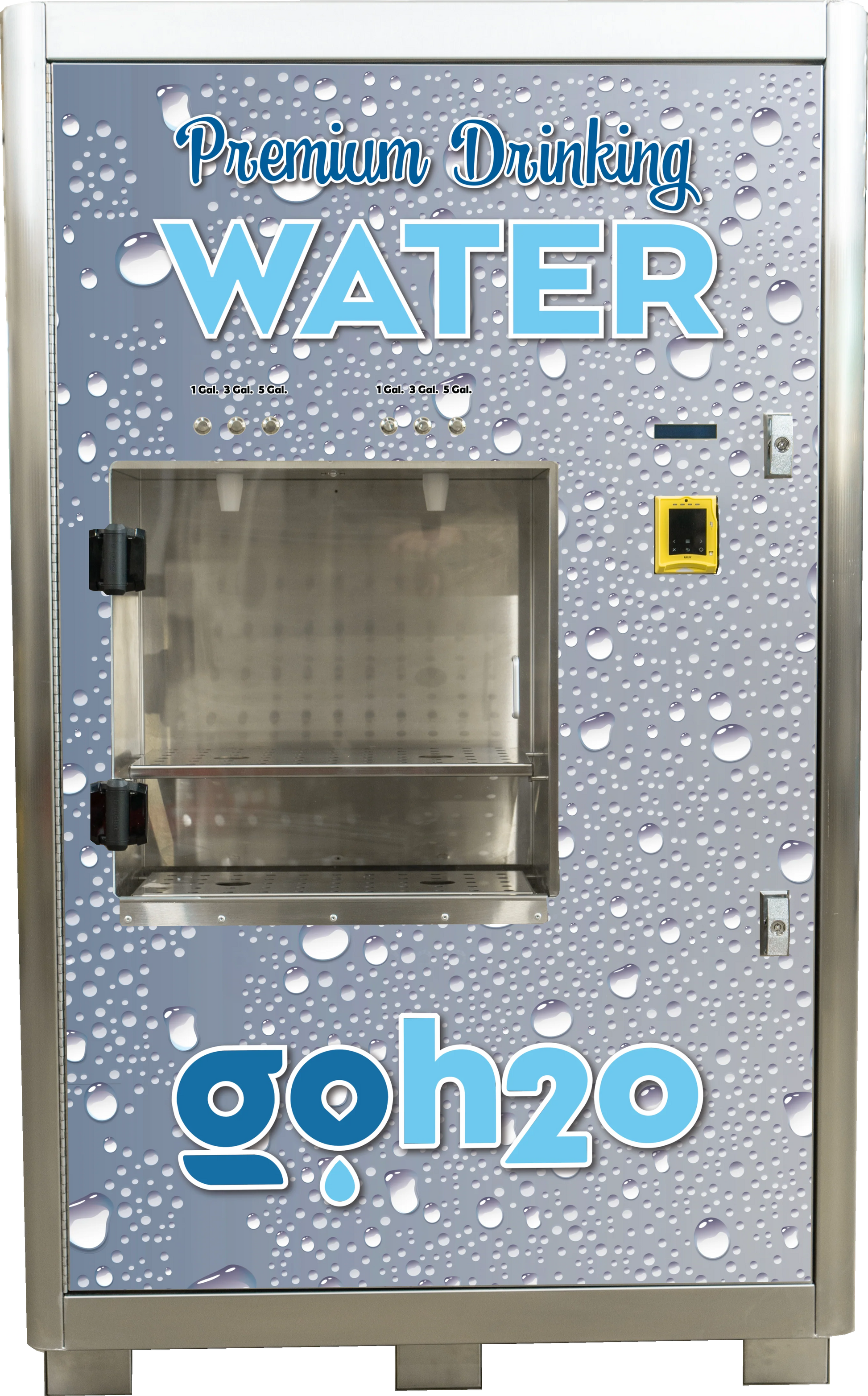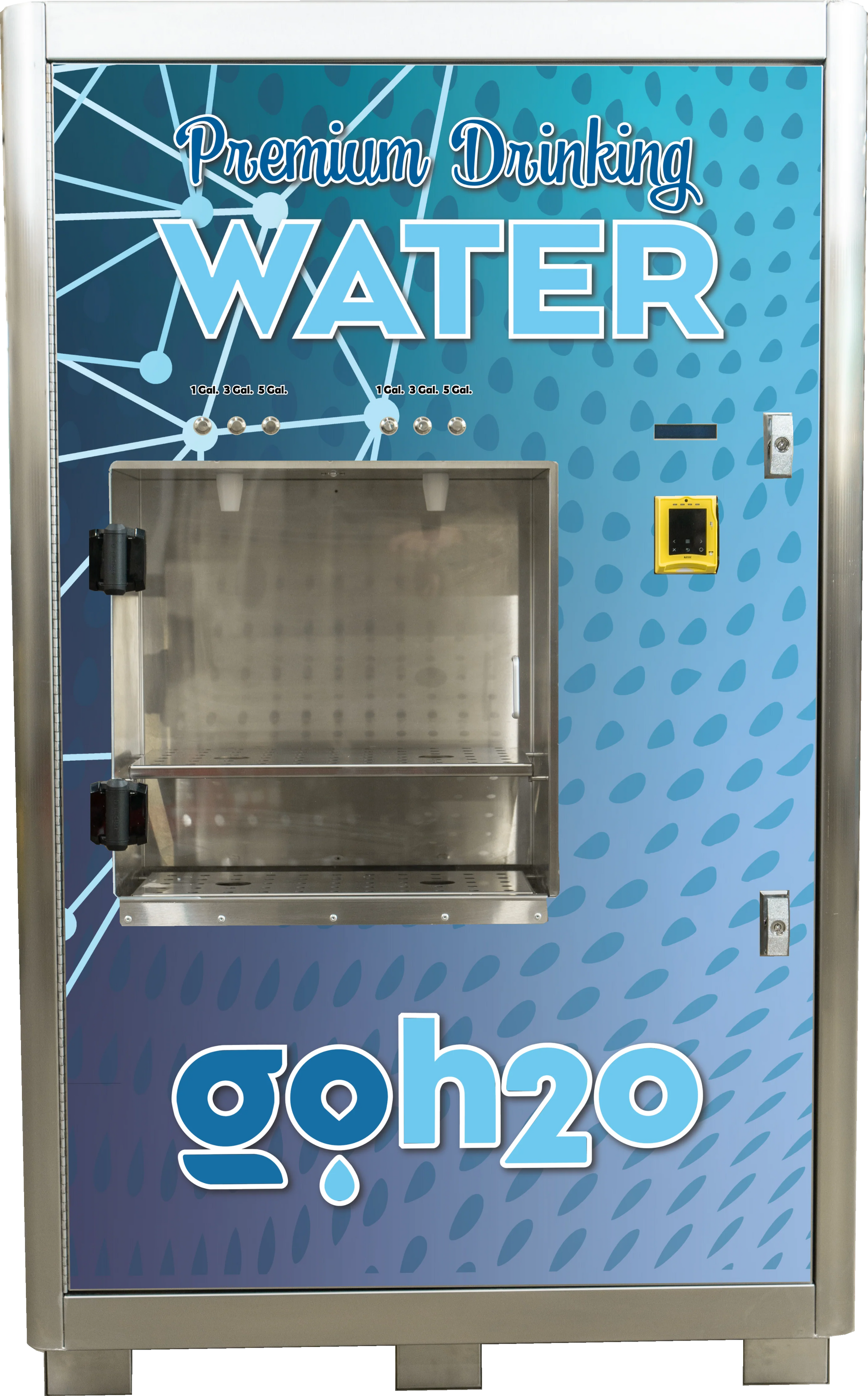1
/
of
2
goh2o vendors
INDOOR / OUTDOOR CASHLESS VEND TO FILL
INDOOR / OUTDOOR CASHLESS VEND TO FILL
Regular price
$13,400.00 USD
Regular price
Sale price
$13,400.00 USD
Unit price
/
per
Taxes included.
- Stainless Steel Cabinet
- Stainless Steel Door
- Stainless Steel Bottle Shelves
- Stainless Steel Hardware
- Six Programmable Stainless Steel Vend Buttons
- Front Poly Graphics
- MDB Vending Controller
- NAYAX Credit Card & Cashless System
- Dual Big Blue pre-filters
- 500 gpd RO Set Up
- 1/2 HP RO Motor
- 92 Gallon Poly Storage Tank
- 3 gpm Dispensing Pump Per Nozzle
- 5 gpm UV Sterilizer
- Post Carbon Filtration
- Liquid Fill PSI Gauges
- Sales Tracking with NAYAX
- LCD Credit/Program Display
- 10 Amp RO Tank Float
- 10 Amp Sump Float
- Overflow Automatic Shut Down
- T-Handle Door Locks
- Chlorine Test Valve
- TDS Test Valve
- Two Dispensing Nozzles
- Multi-Vend Capabilities
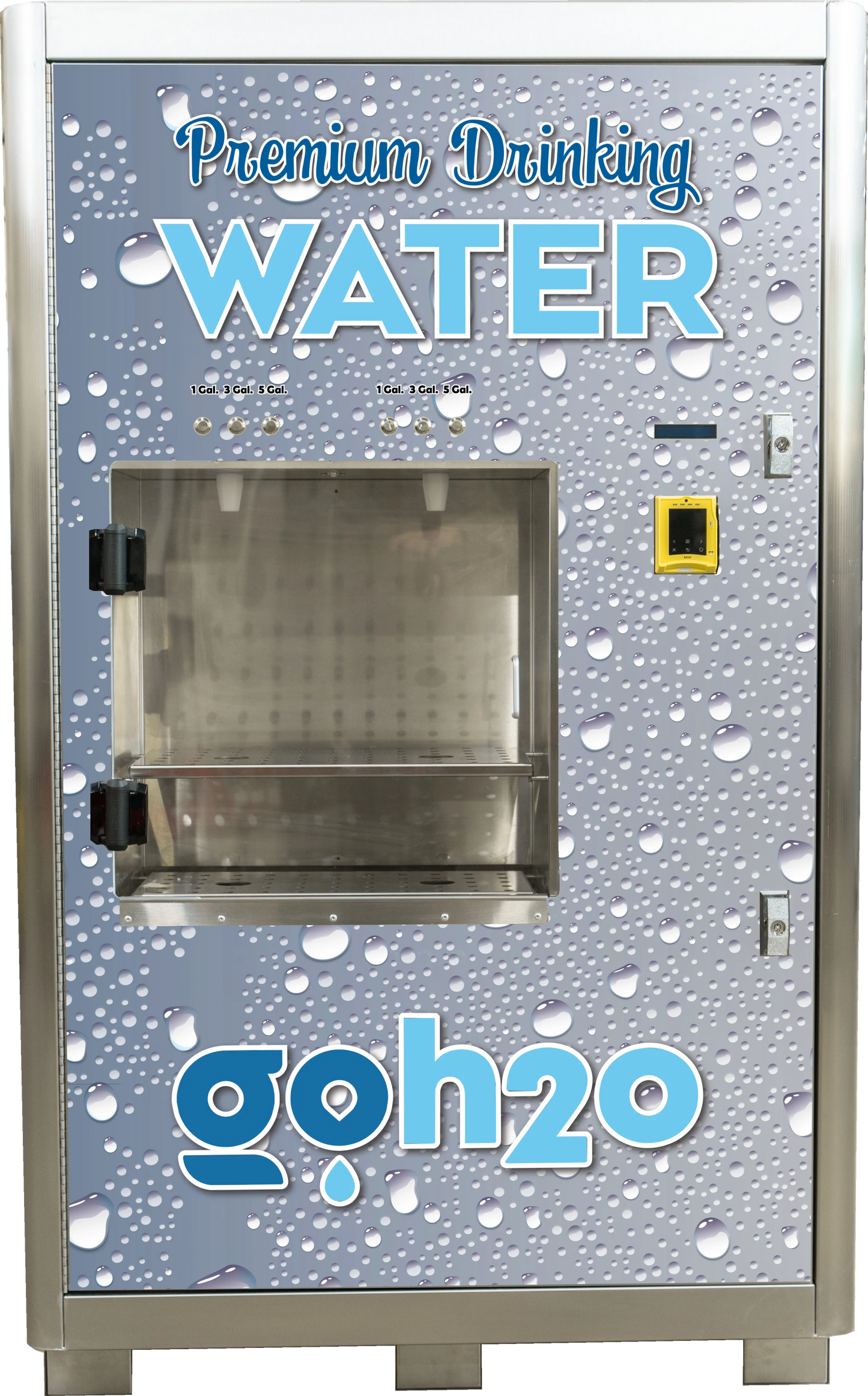
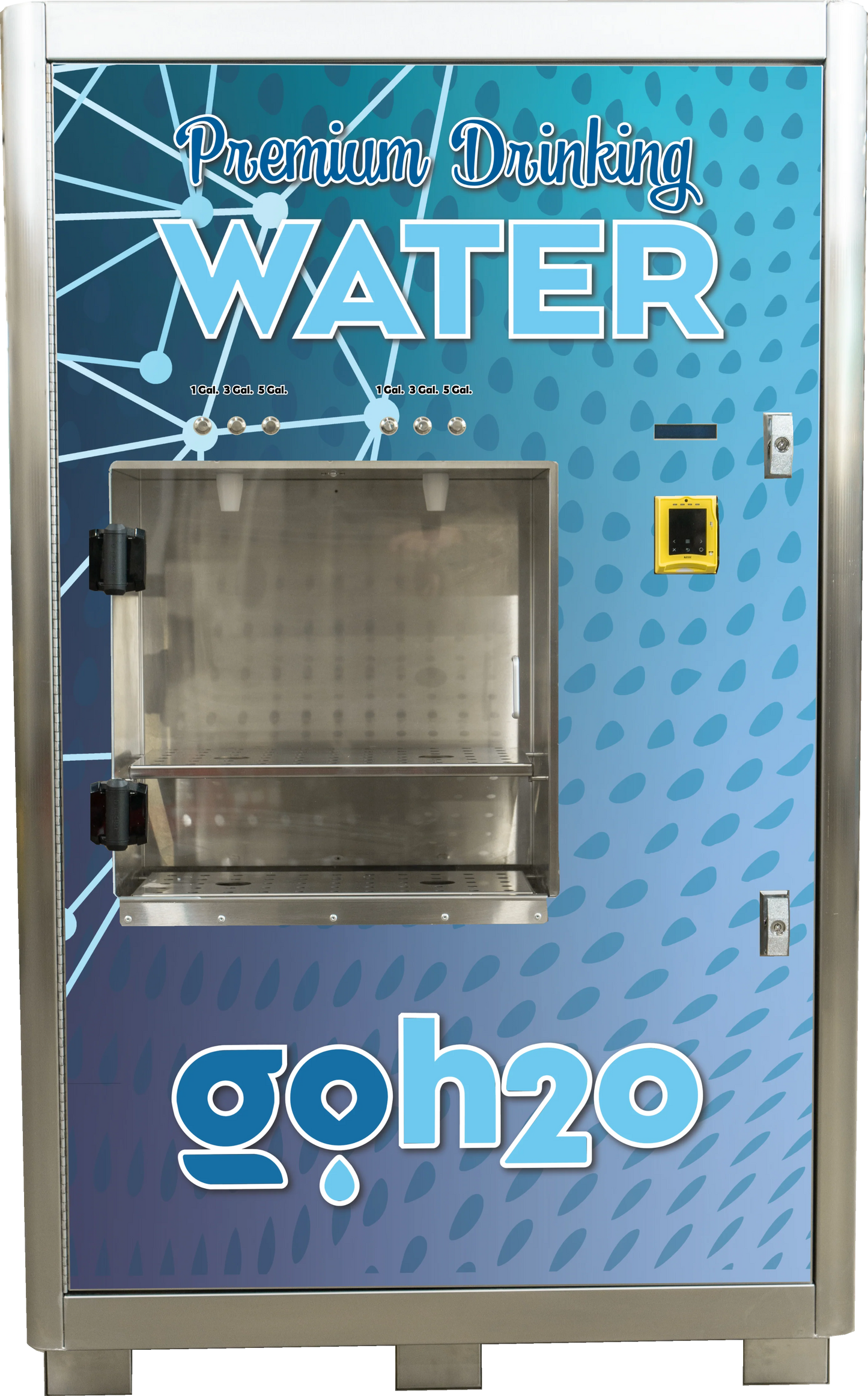
Collapsible content
SYSTEM SPECIFICATIONS
Cabinet Size: 36" Deep, 46" Wide, 80" Tall, 725 lbs
Water Inlet: 1/2" NPT
Waste Outlet: 1/2" NPT
Electrical: 120 VAC - 9 AMP
Minimum Water: 40 psi at 3 GPM
UPGRADE OPTIONS
$500 - 1000 GPD RO System
$700 - 2000 GPD RO System
$225 - Custom Graphics
$499 - Alkaline on One Spout
$699 - Alkaline on Two Spouts
$799 - Lit Awning
INTERESTED IN REV. SHARE OPTIONS?
FILTRATION TECHNOLOGY
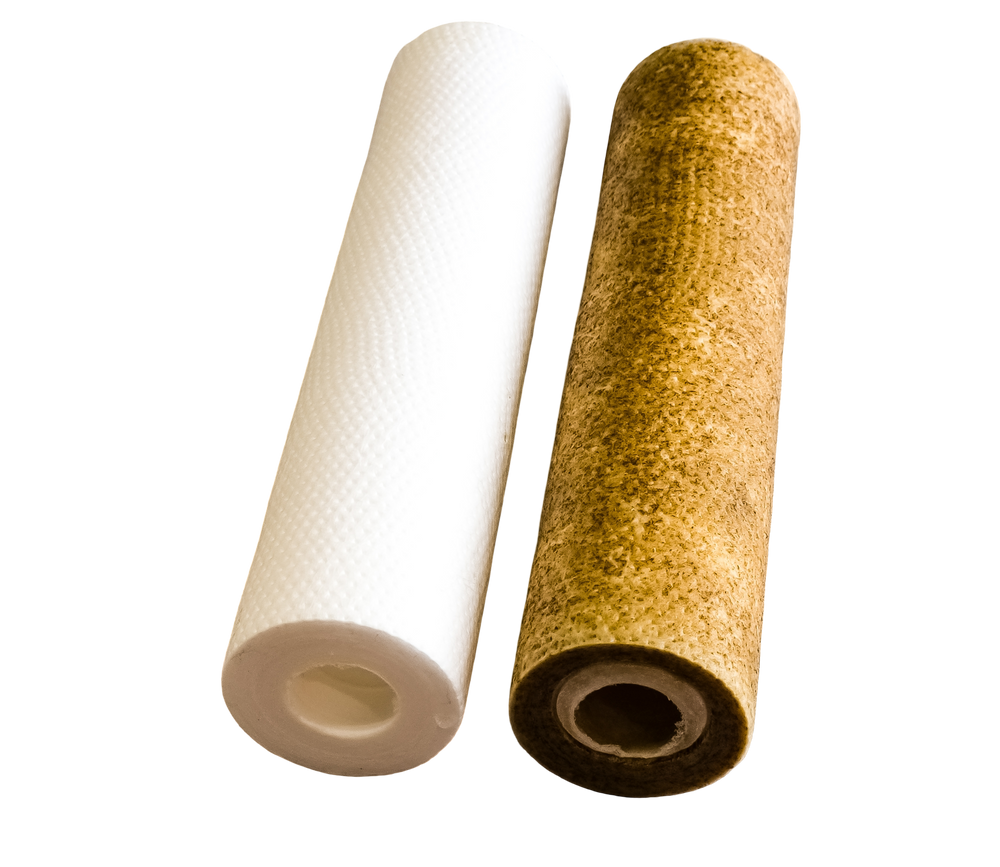
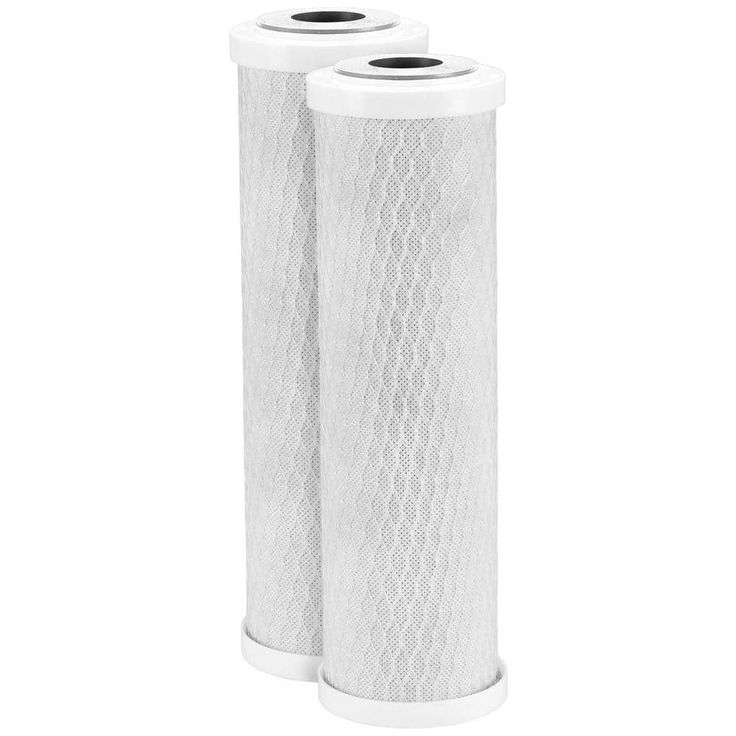
CARBON
Once sediment has been removed, water passes on to the carbon filter. It may be free of debris, but it is not yet pure. This water likely still contains liquid particles, including chemicals and traces of other contaminants. This filtration step utilizes carbon, which naturally attracts and binds to contaminants in both the air and water. This absorption process removes chlorine, volatile organic compounds (VOCs) and more.
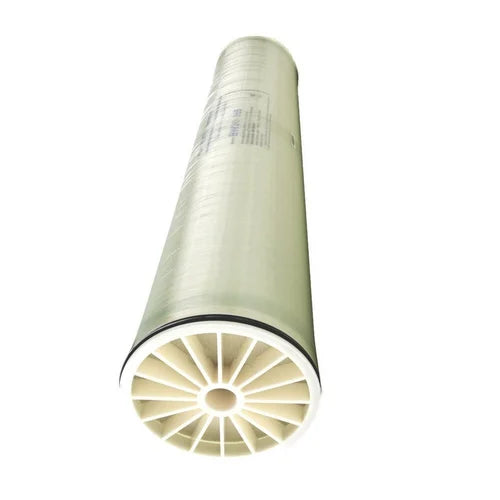
REVERSE OSMOSIS
At this stage, water is significantly cleaner than its tap source, but its quality can still be improved. The reverse osmosis system uses high pressure to force water molecules through a semi-permeable membrane with tiny pores. These pores only allow pure water to pass, as impurities are too large to pass through the membrane. Discharged water is then flushed away, as the clean water flows on to the next step.
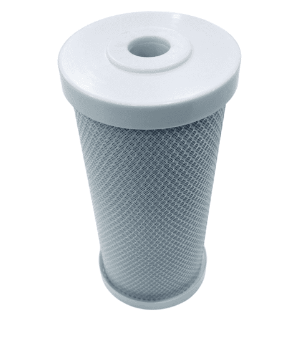
POST CARBON
Purified water is polished in the post carbon filters, losing any remaining taste or scent. This is the final absorption stage of the filtration process, but we're not done yet.
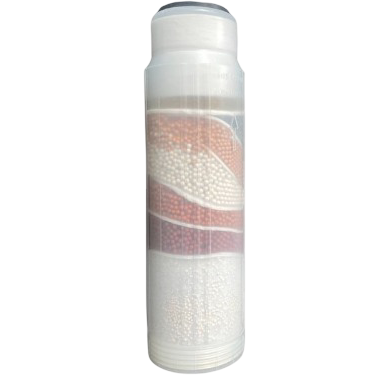
ALKALINE
The alkaline filter reintroduces beneficial minerals and electrolytes back into purified water. Minerals such as potassium, magnesium, and calcium raise the water's PH.
